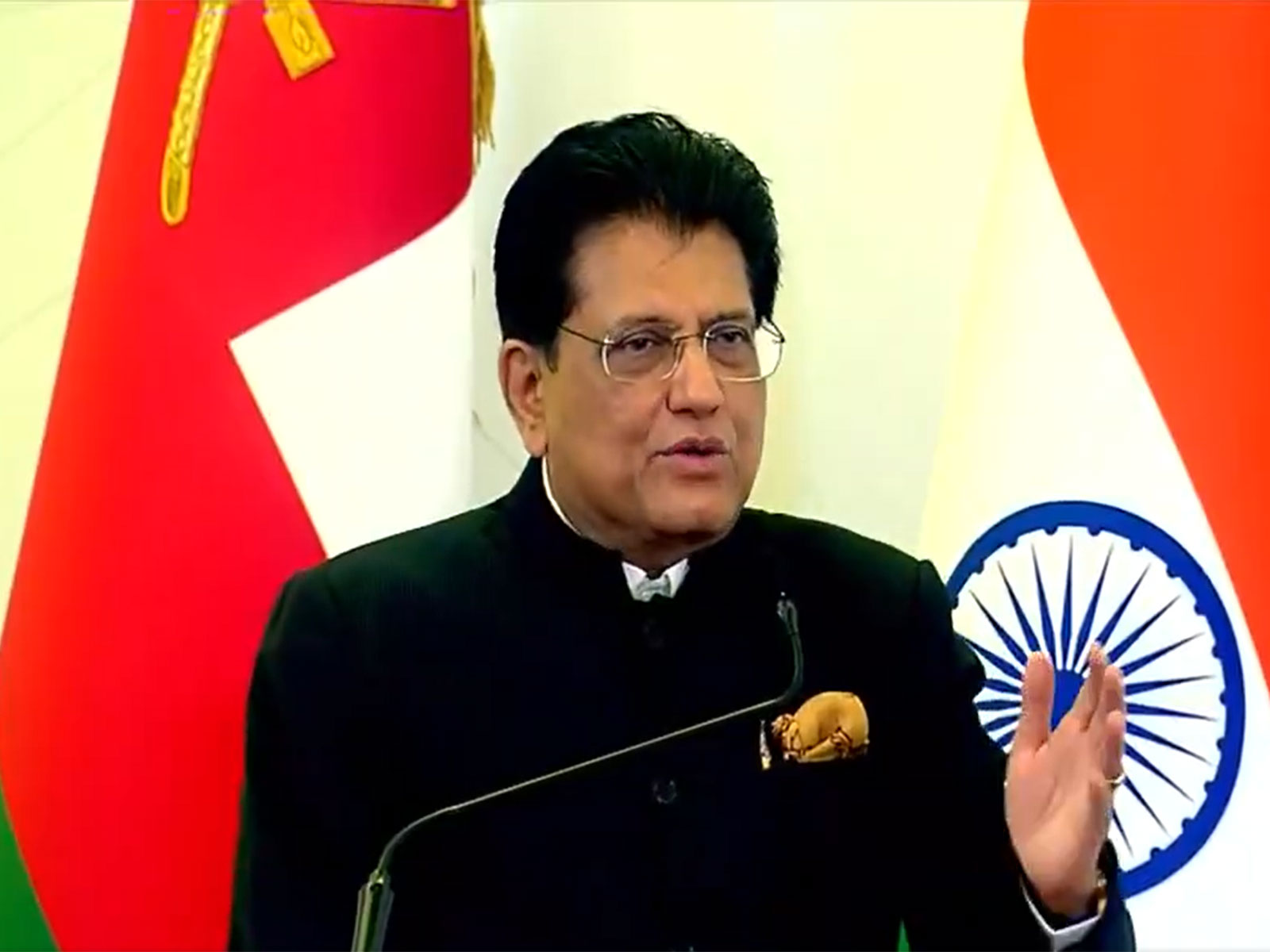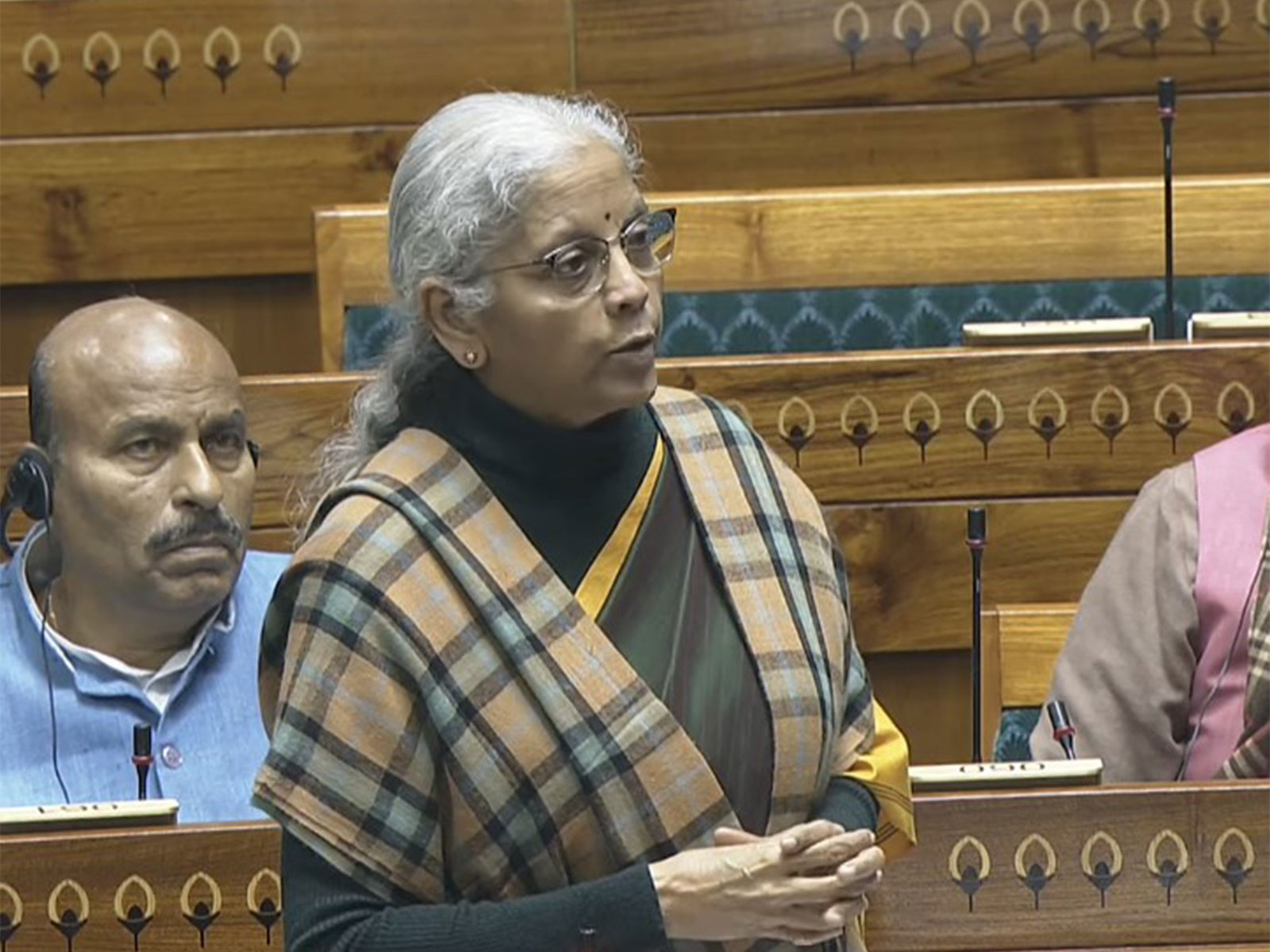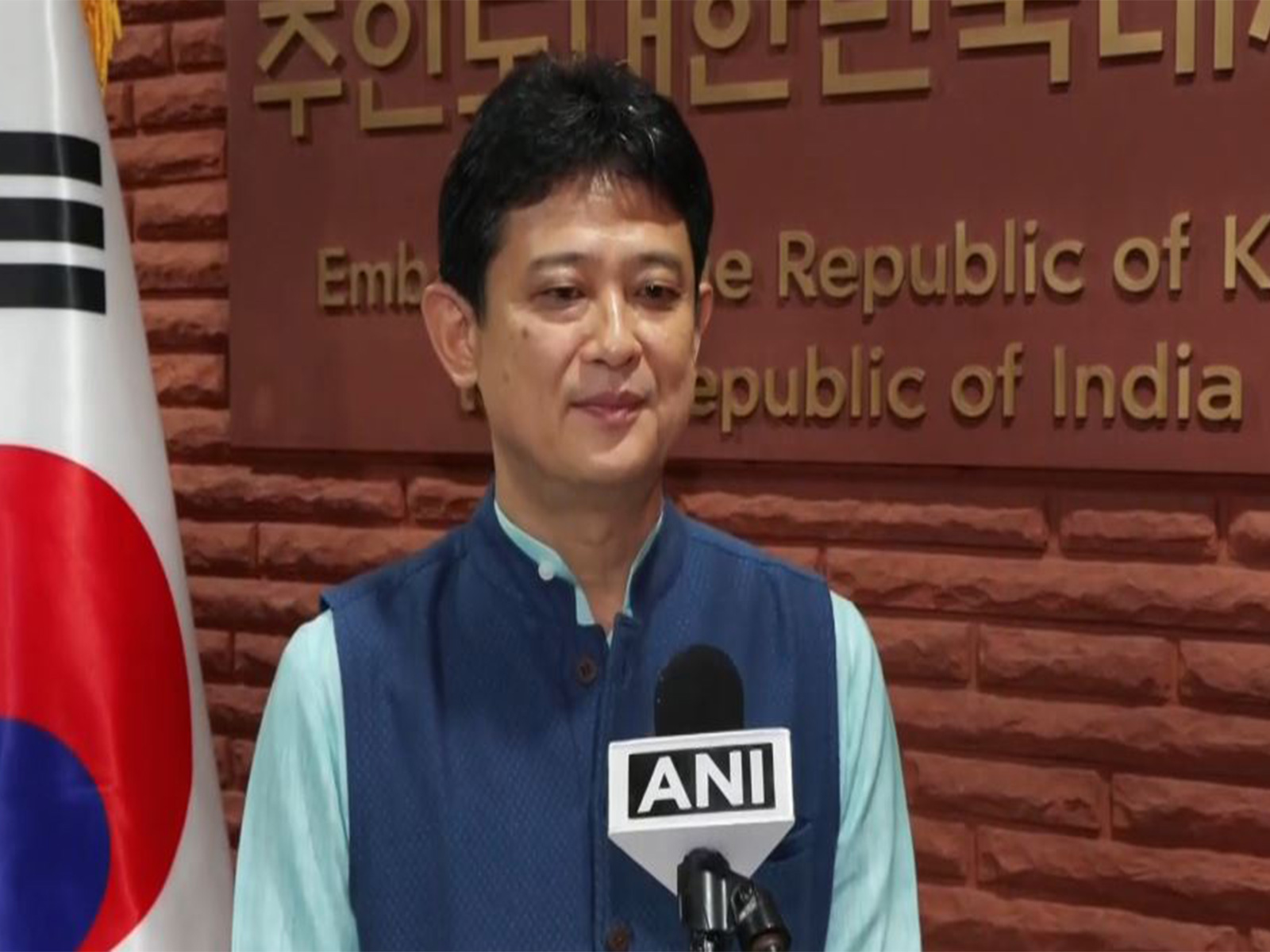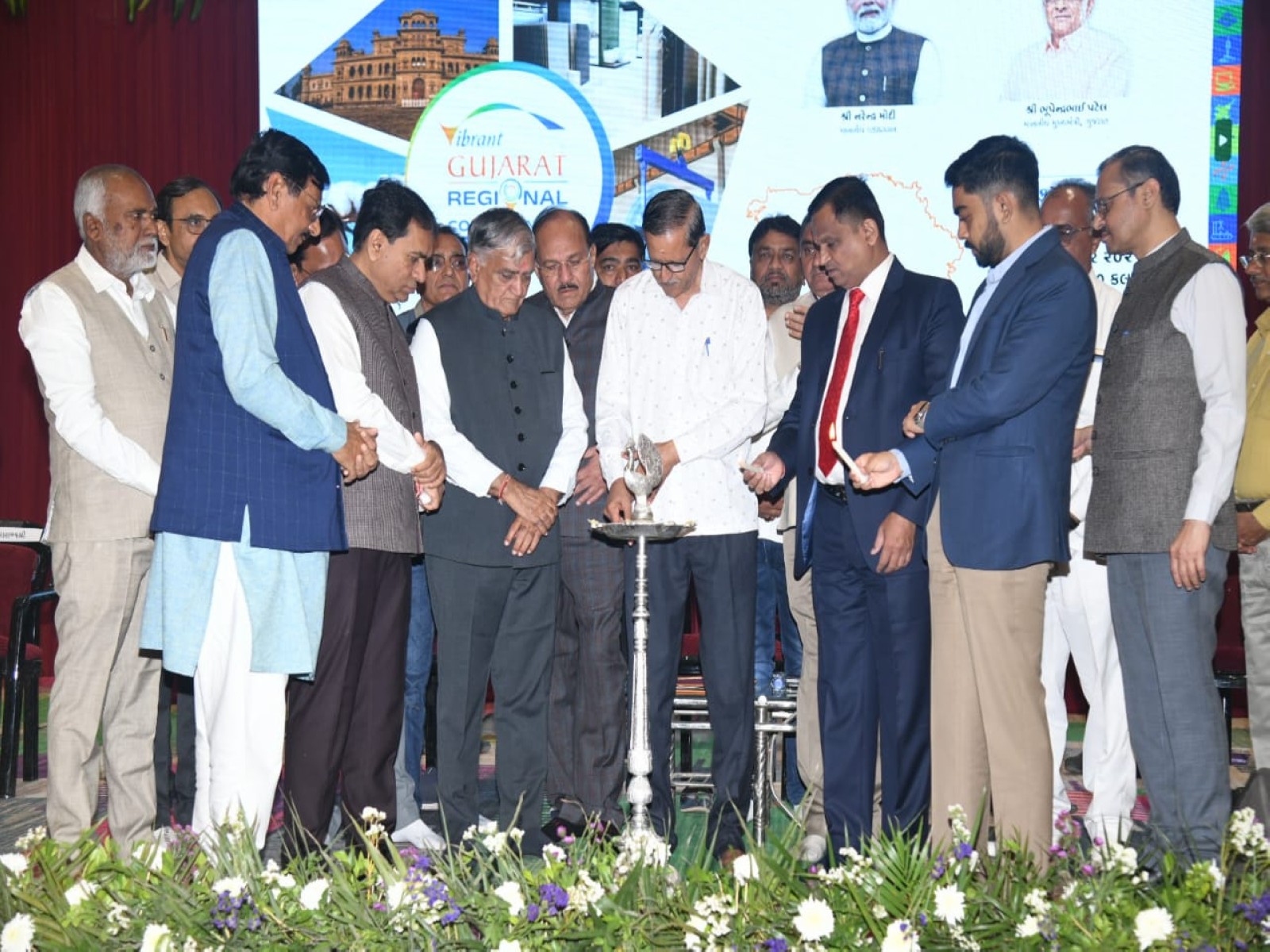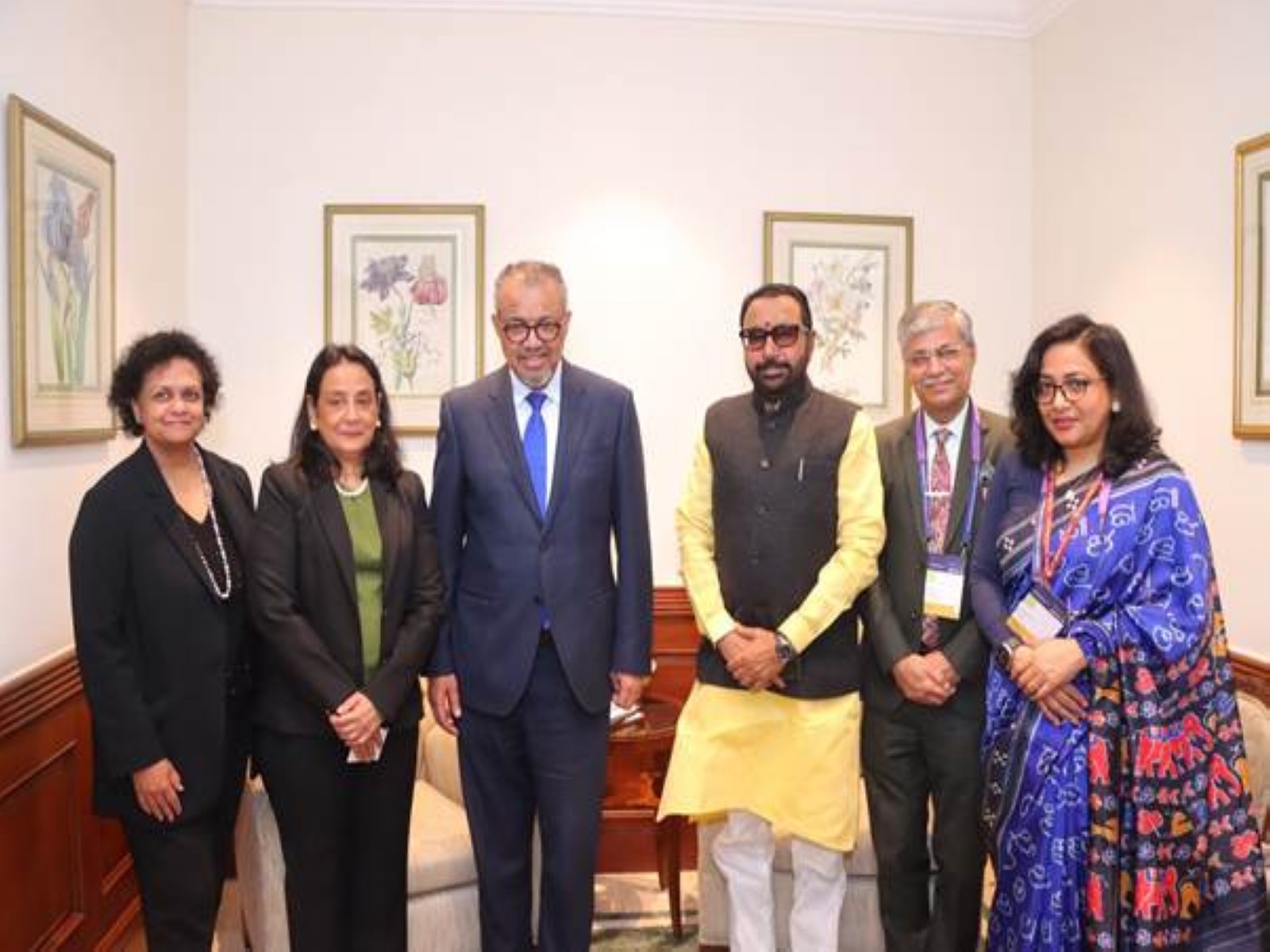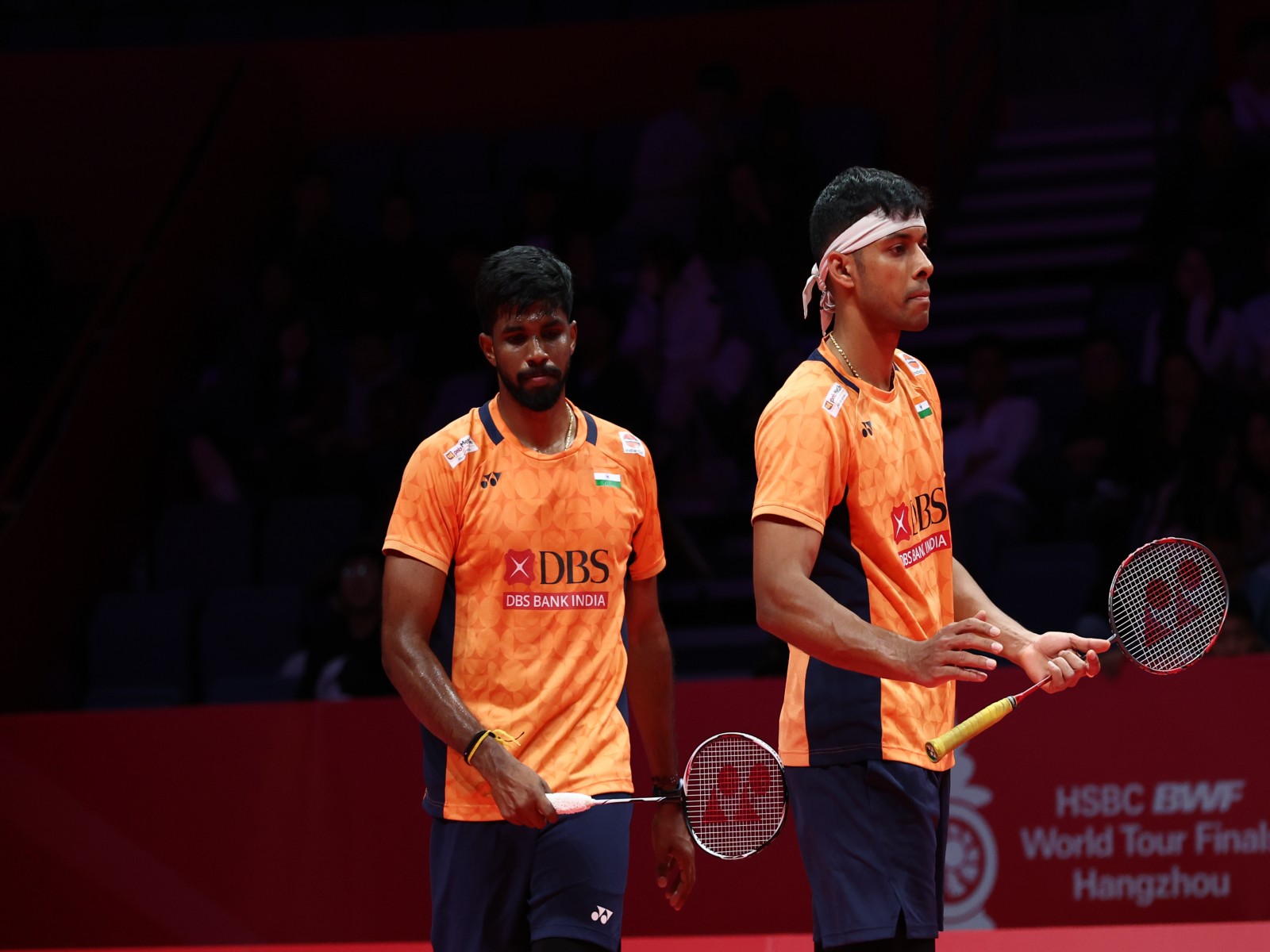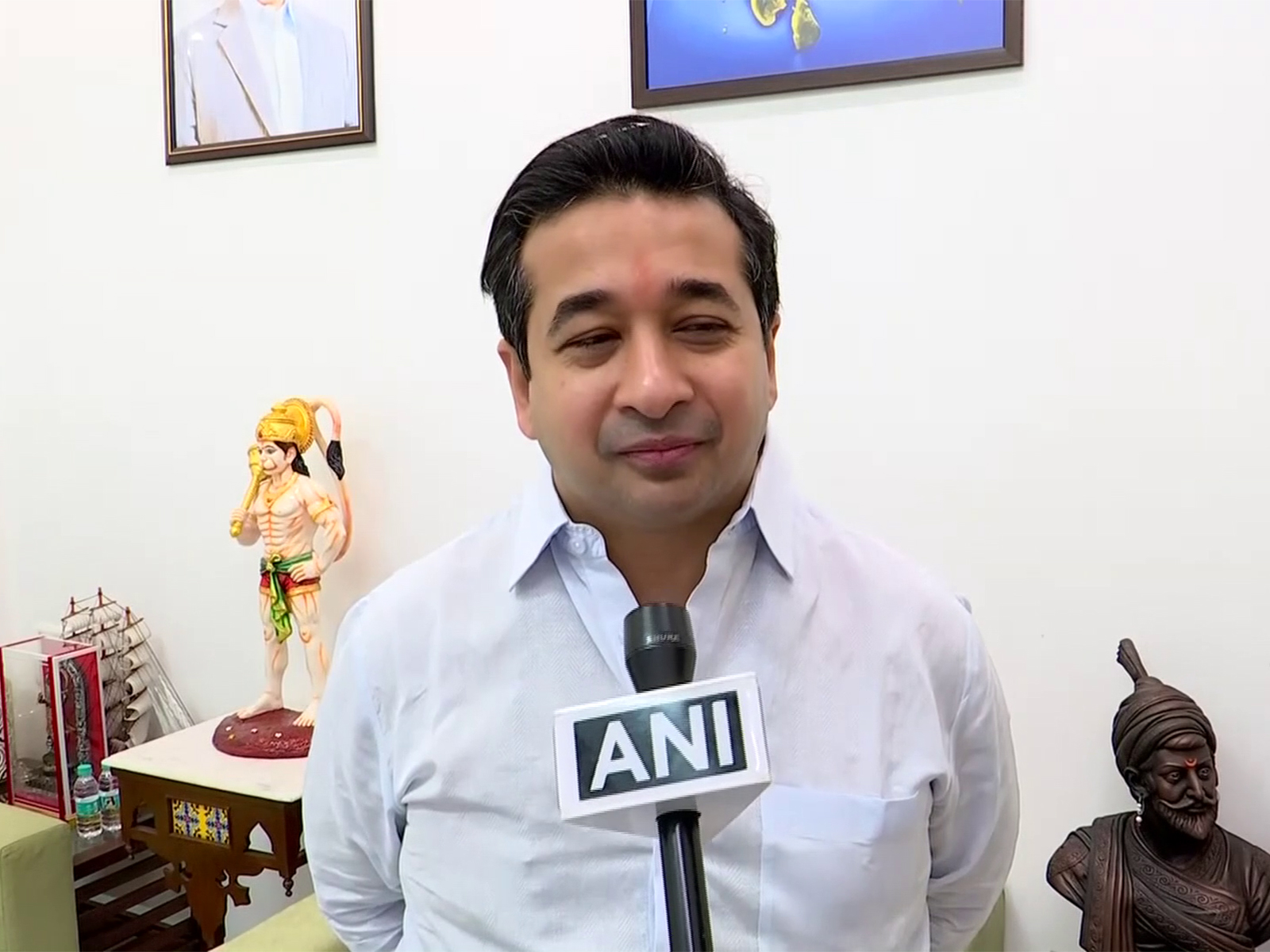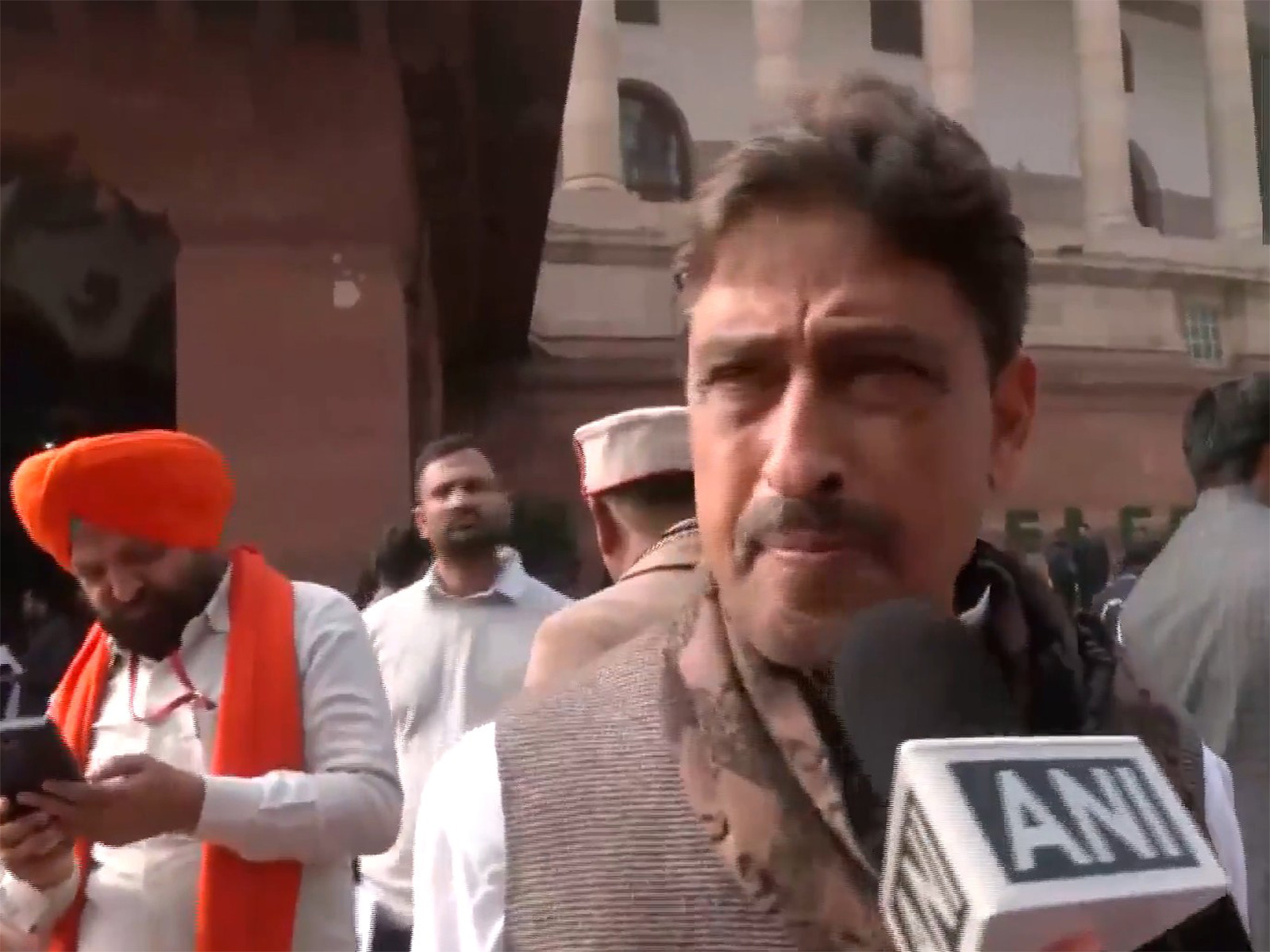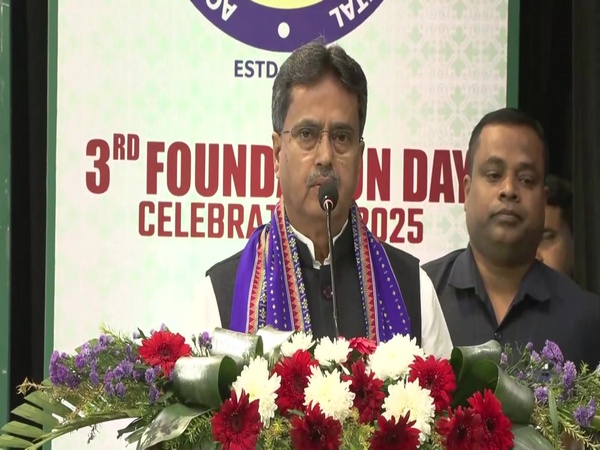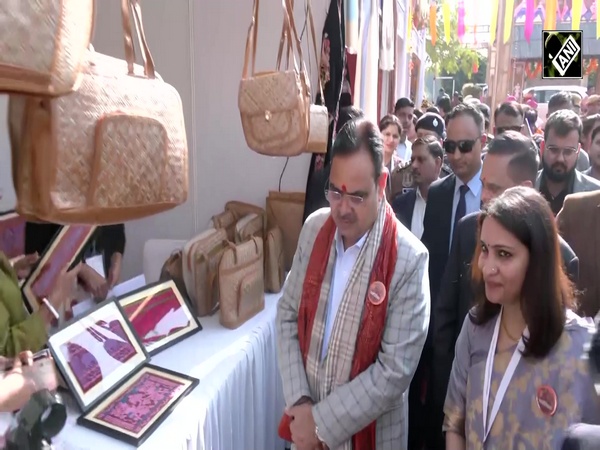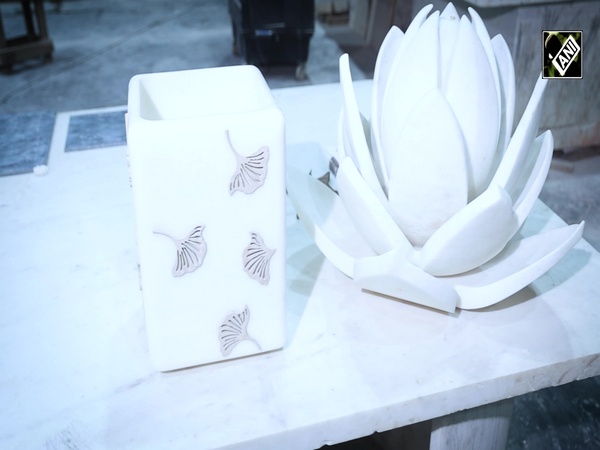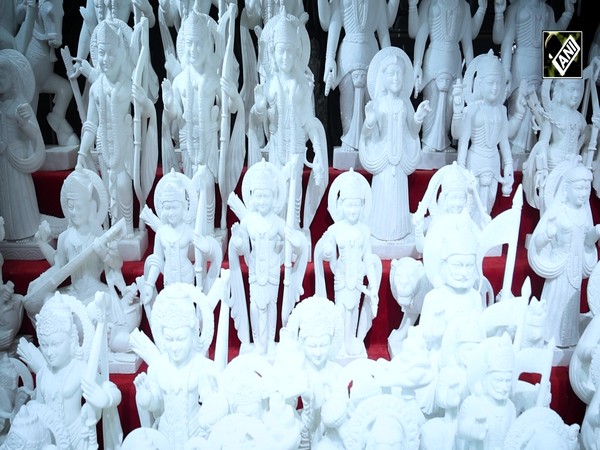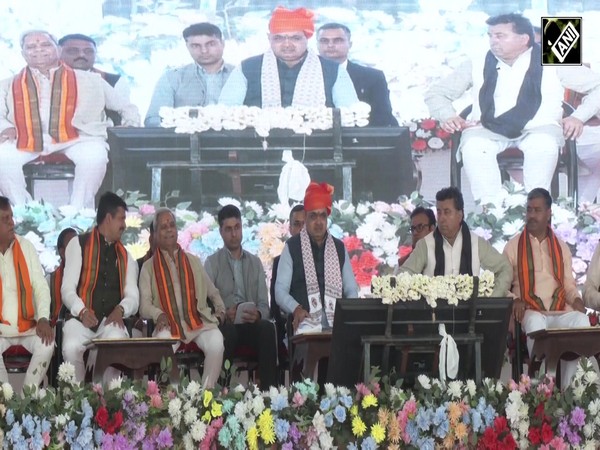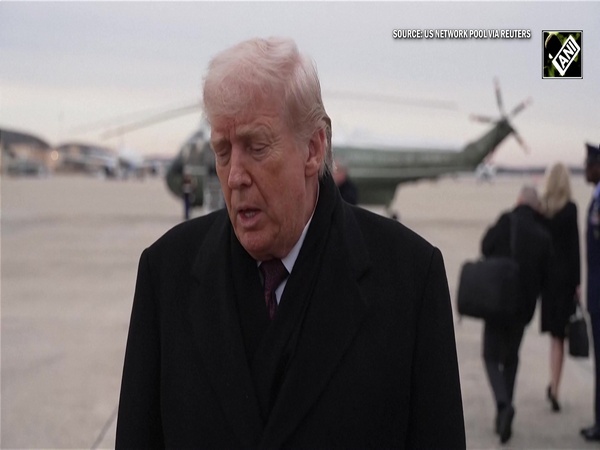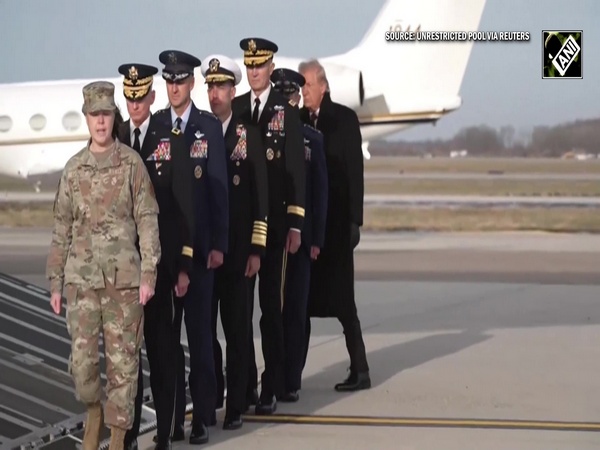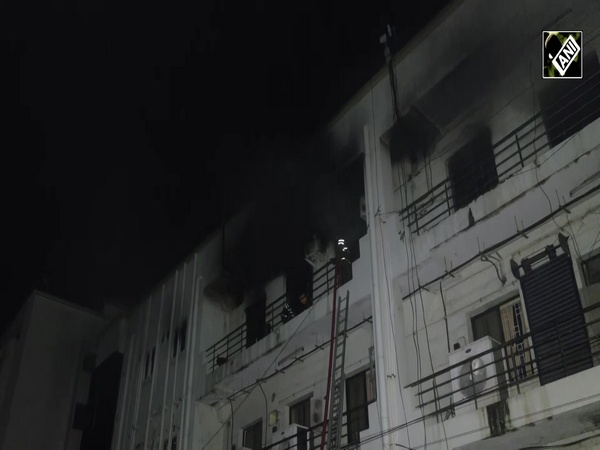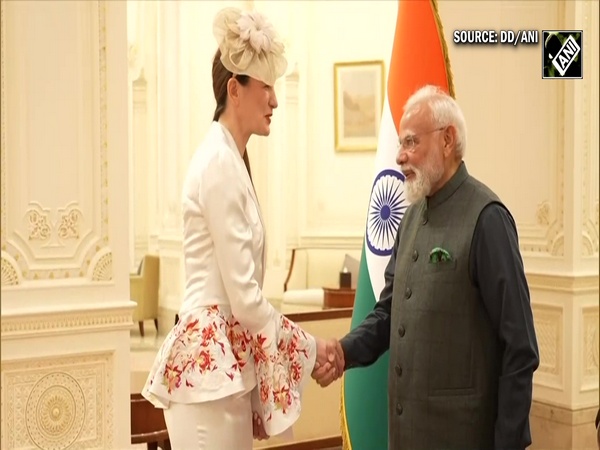Kauvery Hospital successfully performs a rare kidney transplant on a 19-year-old Boy
Feb 01, 2022

Chennai (Tamil Nadu) [India], February 1 (ANI/NewsVoir): Kauvery Hospital Chennai, a unit of Kauvery Group of Hospitals, a leading multispecialty healthcare chain in Tamil Nadu, today announced the success of a rare Kidney Transplantation performed on a 19-year-old boy.
The patient brought to the hospital was diagnosed with permanent kidney failure (End Stage Renal Failure). The team of doctors studied the patient's medical history thoroughly and concluded that a Kidney Transplant was the only option to save his life.
Speaking about the patient, Dr. R Balasubramaniyam, Chief Nephrologist, Kauvery Hospital Chennai said, "The boy's kidney was completely incapable of functioning and had to be transplanted as soon as possible. We immediately checked with the family and were able to identify his own mother as the potential donor. During the routine blood tests, we found that the blood groups of the boy and the mother were different. The boy was of B blood group, while the mother was of AB Blood group.
Ideally, a Kidney Transplant requires the blood groups to match, as one blood group has antibodies against another blood group. If a transplant is performed with differing blood groups (ABO Incompatibility), the antibodies present in the patient's blood would react against the antigens in the donor blood group, present not only on the red blood cells but also on the surface of all other cells including those in the kidneys. The antibodies that are provoked may lead to rejection of the organ at the time of transplant leading to an immediate failure which is known as Hyperacute Rejection."
Blood Group 'A' has antibodies against 'B' and vice versa, while AB Blood Group has no antibodies and O has antibodies against both A and B Blood Groups.
Explaining further about the case, "The patient's blood group was B and he should normally have antibodies against the A group in his mother's (donor) AB Blood Group. However, the test results surprised us as we found that the boy's blood group was completely compatible and did not have any antibodies against the donor blood group. We ran a few more tests such as subtyping the mother's AB blood group as we were curious to find out why this was the case."
Generally, subtyping AB Blood group shows that it comprises of A1, which around 95% of the population have, and the remaining 5% have A2.
"The results of our tests made it clear that the mother's blood group, when subtyped, was A2B and this was the reason for the compatibility of the blood groups. This is because the A2 subtype does not elicit any kind of antibody reactions in a B Group Individual.
The second surprising factor was that the boy and his mother matched 100% on tissue typing. Tissue typing is a test that identifies a genetic background of an individual. There are two sets of three Antigens (A, B & DR) and each set is derived from one parent. The child will have three antigens (one A, one B and one DR) from each of his/her parent. When we did the genetic analysis of this boy and his mother, we found that instead of three Antigens, all six Antigens were matching," added Dr. R Balasubramaniyam.
Genetic matching is important for the acceptance of an organ without getting rejected by the recipient's immune system. If the child matches to only three antigens of the parent, which is the normal scenario, there will be three antigens that are different between the child and parent. "However, in this case, all six antigens were matching between the mother and boy thereby reducing the chances of organ rejection.
The reason being, both the father and mother of the patient were close relatives and they shared three common antigens. This boy took these three antigens from his father (common antigens to his wife) and three antigens from the mother that was not present in his father. In a nutshell, the boy's genetics is 100 percent similar to his mother and this enabled the kidney transplantation despite blood incompatibility," he added.
Commenting on the success of the treatment, Dr. Aravindan Selvaraj, Co-founder & Executive Director, Kauvery Hospital, Chennai, said, "Kidney transplant generally requires matching of certain medical parameters between the donor and patient, and blood group compatibility stands top on that list. We were informed that many hospitals rejected the idea of accepting the mother as the donor due to differences in the blood group while the father had some cardiac issues, which did not allow him to be a potential donor. They were referred to Kauvery Hospital as we already had a history of managing Blood Group Incompatible Kidney Transplants successfully. However, this case was rare and surprising as we saw blood group compatibility between different blood groups and 100% genetic matching between the donor and recipient. This key finding can be crucial for many patients, and will help save many lives in the future.
I congratulate Dr. R. Balasubramaniyam and his team for the intricate diagnosis and treatments provided thus giving a better quality of life for the young boy."
This story is provided by NewsVoir. ANI will not be responsible in any way for the content of this article. (ANI/NewsVoir)
